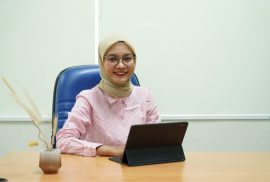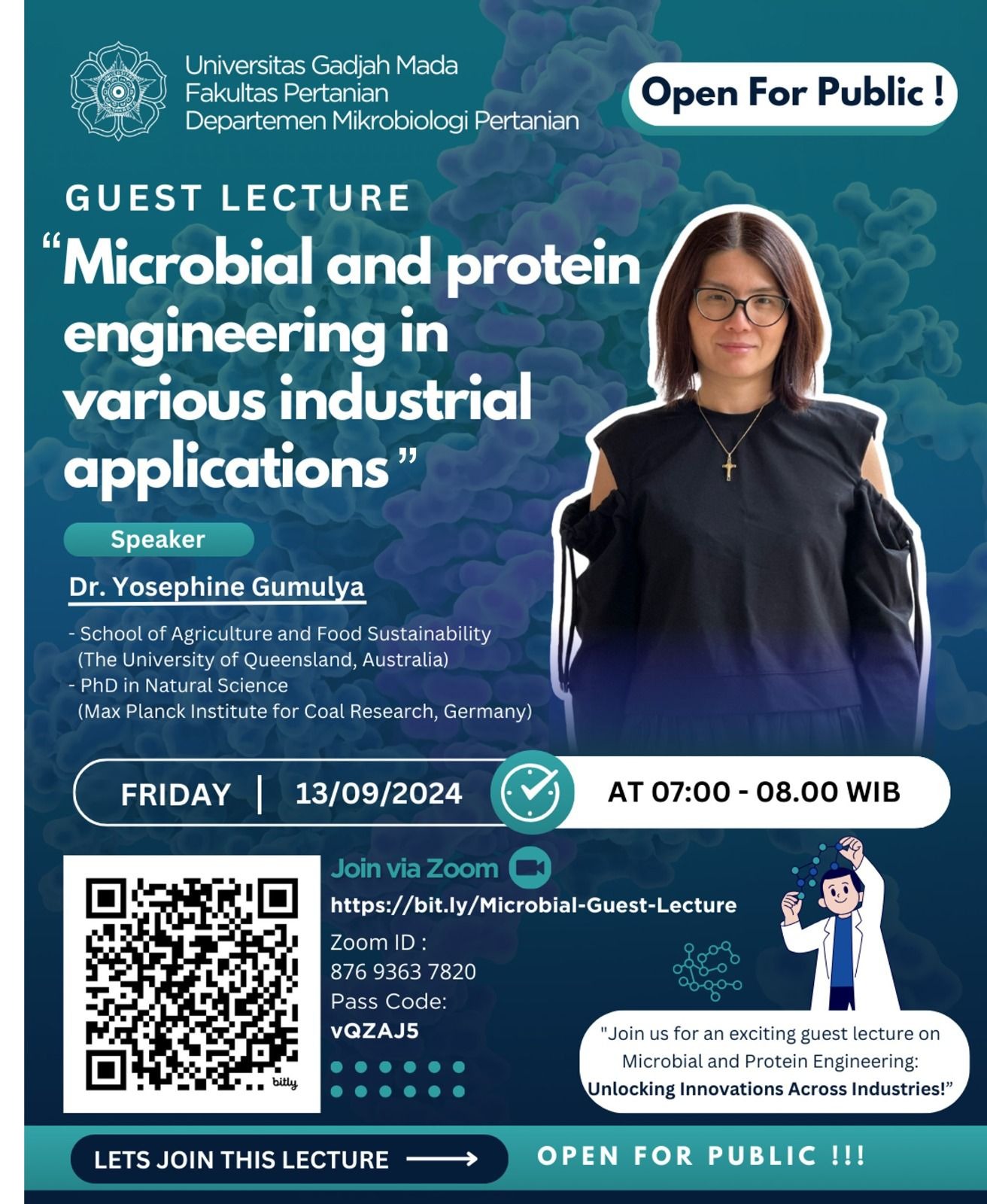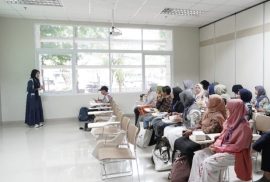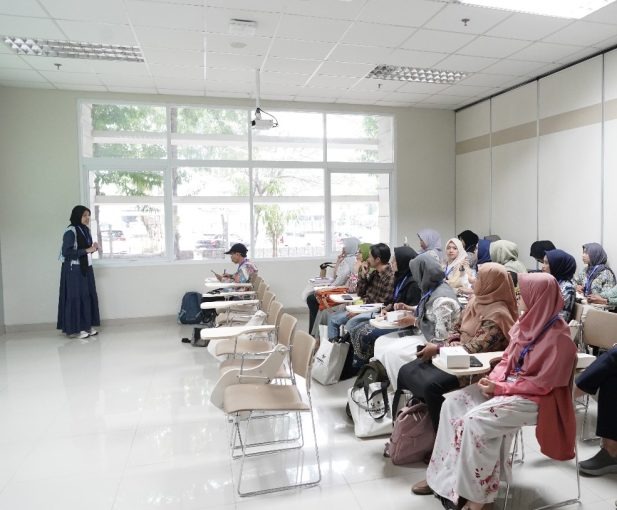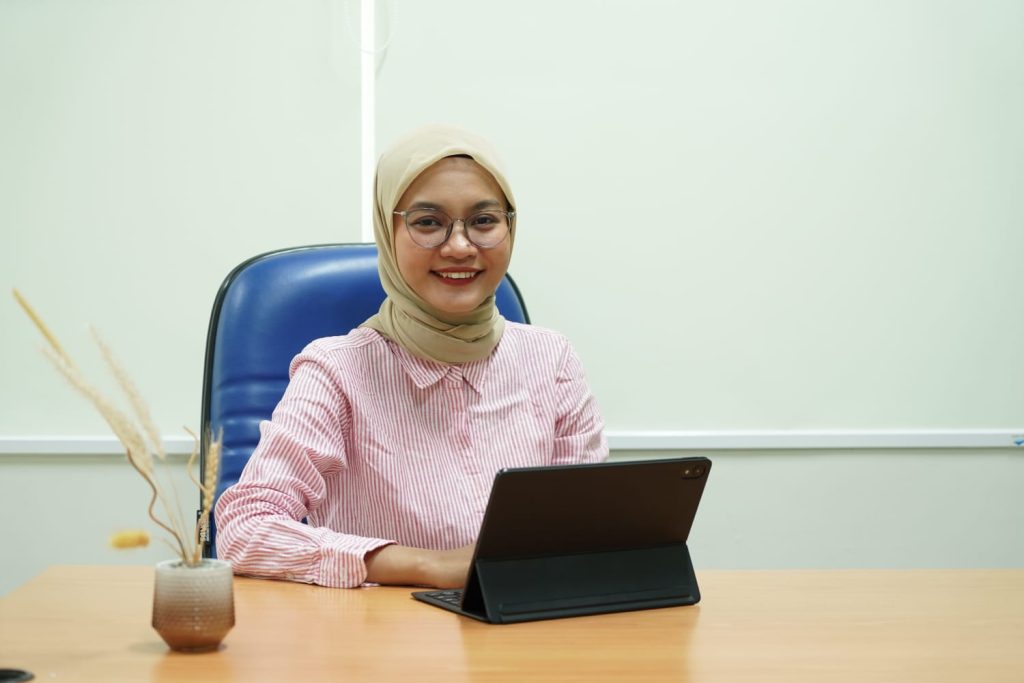
The Faculty of Agriculture, UGM, remains committed to improving the mental well-being of its academic community through Individual Counseling services, available to lecturers, educational staff and students. This initiative is part of the Faculty’s efforts to support the Health Promoting University (HPU) program within the Faculty of Agriculture UGM, which focuses on mental health.
The Individual Counseling Service provides free consultations on various topics concerning the academic community, such as career, personal life, studies, and other personal issues.

